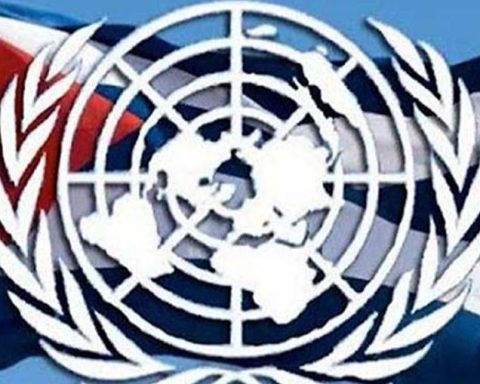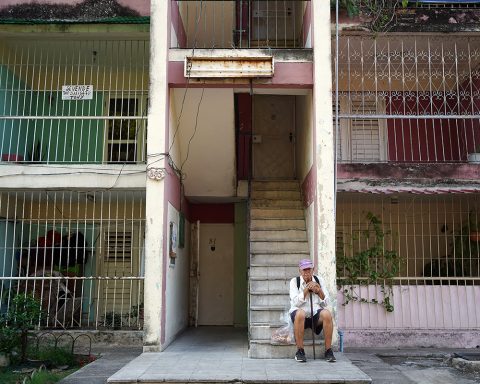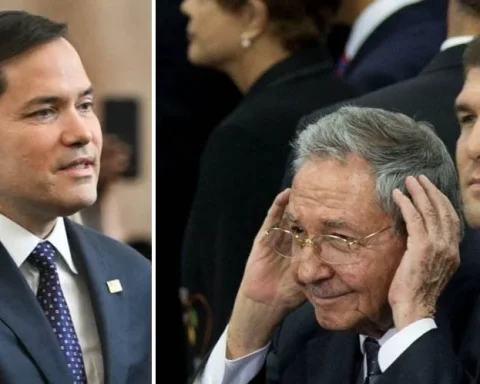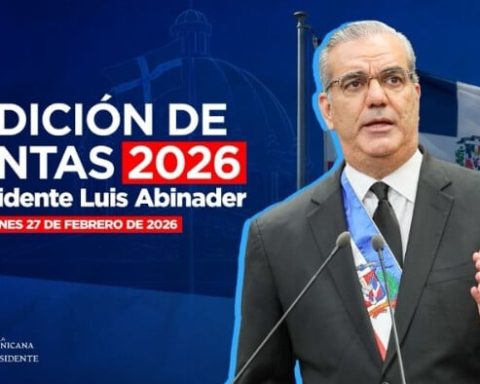The tour operator Discova, a company specializing in travel educationalexpands its operations in the Caribbean with the opening this Friday of a new office in Havana, according to Cuban media.
Discova, whose subsidiary in America is based in the city of Cancun, Mexico, operates from various points in that nation to other destinations in the area such as Costa Rica and the Dominican Republic, according to an office from the agency Latin Press (PL).
With this new office in Havana, the Island becomes the fourth Latin American country where it carries out operations, and the fifteenth in the world, adds the information.
Discova adds Cuba to destination portfolio https://t.co/DYKM7C8MUS pic.twitter.com/p8af8BaL4H
— TRAVEL FREE!!!!! (@royalory) August 10, 2022
The company’s regional director for AmericasSimon Lindsay, pointed out that for three years he lived and worked in Cuba, and knows what makes it unique, compared to “other places in this part of the world.”
Quoted by PLLindsay said that, unlike current operators, they will be able to offer both publicly and privately owned products. Similarly, they will offer villas and unique properties not available for the mass market.
Cuba is one of the Latin American countries with the greatest recognition for its achievements in the education sectorand at the moment it is committed to promoting all the modalities to achieve a recovery of its tourist activity, heavily hit by the COVID-19 pandemic.
Despite the complex scenario of recent years, the authorities of the Ministry of Tourism on the Island they trust that by the end of this year 2.5 million tourists will have visited the country, thanks to the control of COVID-19 through mass immunization with their own vaccines.
According to official figures, the sightseeing represents the second most important line for the contribution of the Gross Domestic Product (GDP) of the country, and occupies a similar place in terms of the contribution of foreign currency in its economy. With its gradual recovery, the Cuban government hopes to alleviate the country’s growing economic crisis, exacerbated not only by the pandemic, but also by the United States embargo, as well as internal difficulties and inefficiencies, among other factors.
















